





Zen cart to Plentyshop
Migrating your store from Zen cart to Plentyshop might seem daunting, but with proper planning and the right tools, it's a smooth process. Follow this step-by-step guide to ensure a successful transition.
Schedule a call
Step-by-Step Migration Guide: Zen Cart to PlentyShop Migration Guide
Step 1: Preparing for the Migration
In this initial step, we focus on preparing your existing Zen Cart environment for a successful transition to PlentyShop.
Step 2: Data Migration Planning
In this step, we outline the strategies for migrating data from Zen Cart to PlentyShop, ensuring accuracy and completeness.
Step 3: Executing the Migration
This step involves the actual execution of the data migration from Zen Cart to PlentyShop using the selected tools and strategies.
Step 4: Post-Migration Testing
In this step, we focus on conducting thorough testing to ensure that the migration was successful and that the PlentyShop store operates smoothly.
Step 5: SEO and Redirect Strategy
In this step, we establish an SEO and redirect strategy to maintain search engine rankings post-migration.
Step 6: Training and Launching Your New Store
This step involves training your team on the new PlentyShop platform and launching your store.
Step 7: Post-Launch Monitoring and Optimization
In this final step, we focus on monitoring the performance of your new PlentyShop store and making necessary optimizations.
Power Your Step - Get in Touch
Contact PowerCommerce for expert support in your Zen Cart to PlentyShop migration.
Step 1: Preparing for the Migration
Before initiating the migration process from Zen Cart to PlentyShop, it is crucial to meticulously prepare your existing ecommerce environment. This preparation phase is pivotal in ensuring a smooth transition, minimizing potential disruptions, and safeguarding data integrity. Our focus in this step is to conduct thorough evaluations, prepare backups, and set clear objectives for the migration.
Firstly, we recommend evaluating your current Zen Cart setup. This evaluation should include a comprehensive analysis of your product catalog, customer data, order history, and any custom features or plugins you may be using. Understanding the extent and complexity of your current setup will assist in identifying what can be seamlessly migrated and what may require adjustments during the transition.
- Backup Your Data: It is imperative to back up all relevant data before proceeding. This includes:
- Product information (names, descriptions, prices, images)
- Customer data (names, addresses, order history)
- Order information (transaction records)
- The configuration settings of your Zen Cart installation
- Document Your Current Setup: Create a detailed document listing the features currently in use within your Zen Cart store. This will serve as a reference during the migration process.
- Define Migration Goals: Establish clear objectives for your migration to PlentyShop. Consider what improvements you wish to achieve, such as enhanced performance, better user experience, or increased scalability.
Finally, ensure that all stakeholders understand the migration process, including timelines and potential impacts on operations. Communicating effectively with your team will facilitate a smoother transition.
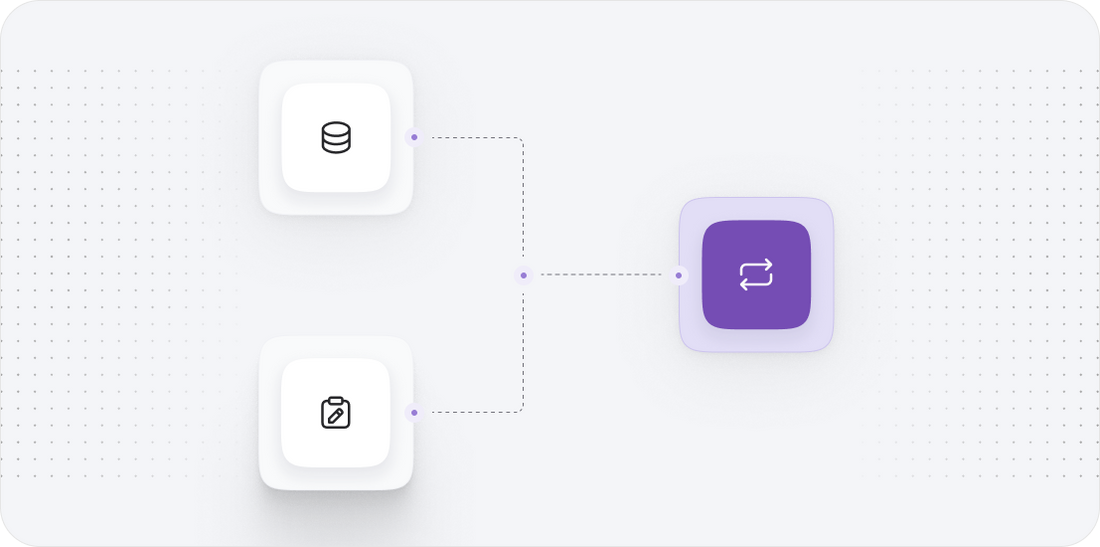
Step 2: Data Migration Planning
Data migration planning is a critical phase in the migration process, where we strategically outline how to transfer data from Zen Cart to PlentyShop. This step involves determining which data types will be migrated, mapping data fields between platforms, and choosing the right tools for the job.
We begin by categorizing the data we intend to migrate, which typically includes:
- Products (descriptions, images, variations)
- Customer accounts (profiles, addresses, order history)
- Order details (past transactions, payment methods)
Next, we perform data mapping, which involves aligning fields in Zen Cart with their corresponding fields in PlentyShop. This ensures that all data is accurately represented in the new system. For instance, if Zen Cart has a custom field for 'Product Tags' that does not exist in PlentyShop, we need to decide how this data will be handled--whether to create a new field in PlentyShop or omit it.
Choosing the right migration tools is vital. We recommend utilizing migration tools or services that specialize in ecommerce data transfers. These tools can automate much of the process, reducing manual effort and minimizing errors. Be sure to select a tool that supports both Zen Cart and PlentyShop.
Finally, prepare a migration checklist that includes:
- Data types to migrate
- Mapping documents for data fields
- Tools selected for the migration process
- Testing procedures to validate data integrity post-migration
By thoroughly planning your data migration, we can ensure a seamless transfer that retains vital information and enhances operational efficiency.
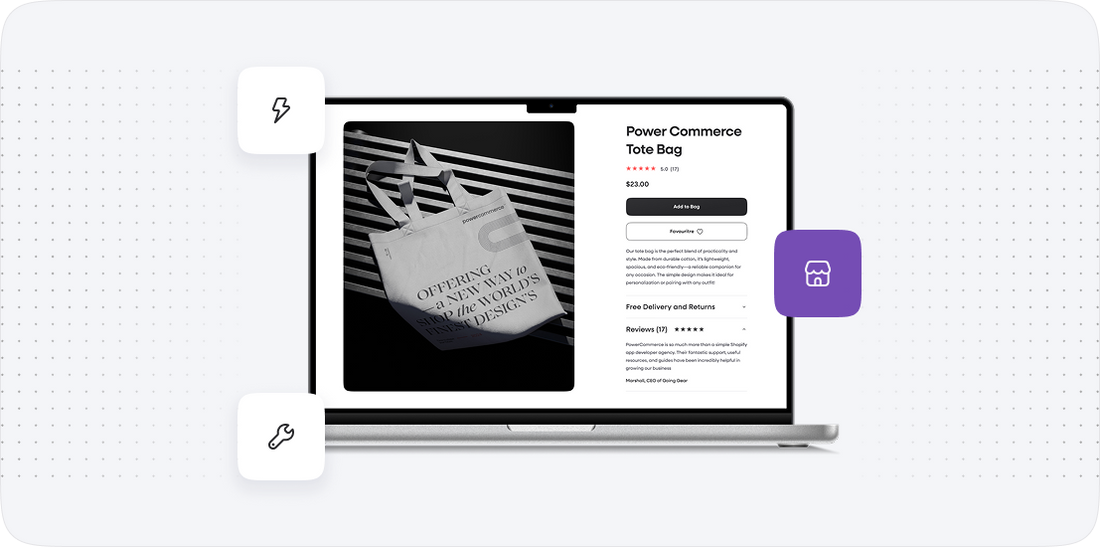
Step 3: Executing the Migration
With our data migration plan in place, we can now proceed to execute the migration from Zen Cart to PlentyShop. This phase is where we will transfer all the backed-up data into the new platform, ensuring that each piece of information is accurately and securely handled.
Start by setting up your PlentyShop environment if you haven't done so yet. This includes configuring your new store settings, payment gateways, and shipping options based on your business needs. Once your PlentyShop store is ready, follow these steps to execute the migration:
- Use Your Selected Migration Tool: Launch the migration tool you have chosen. Ensure that it is properly configured and that you have uploaded the necessary Zen Cart data files.
- Begin the Data Transfer: Initiate the migration process through the tool. Monitor the process carefully to track any errors or warnings that might arise during the transfer.
- Validate Data Integrity: After the data migration process is complete, conduct a thorough review of your data in PlentyShop. Check for:
- Product accuracy (names, prices, images)
- Customer data correctness (profiles, order history)
- Order information completeness
- Test Functionality: Verify that all functionalities, such as payment processing, shipping options, and customer login, are working as expected in your new PlentyShop environment.
Finally, document any issues encountered during the migration process along with their resolutions for future reference. This documentation will not only assist in troubleshooting but will also serve as a guide for any potential future migrations.
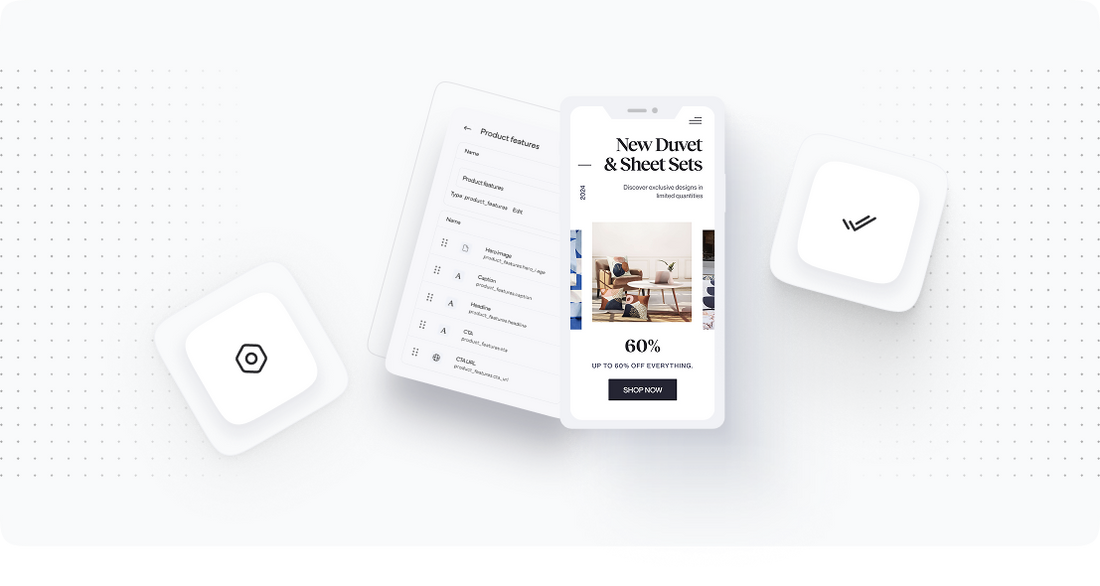
Step 4: Post-Migration Testing
Post-migration testing is an essential step to confirm that the migration from Zen Cart to PlentyShop was successful and that all functionalities are operational. The goal of this phase is to identify any discrepancies or issues that may impact your store’s performance or user experience.
We recommend executing the following tests:
- Data Verification: Cross-check a sample of migrated data against your original Zen Cart data. Verify that each product, customer, and order has been correctly transferred. Pay special attention to:
- Product images and descriptions
- Customer contact information
- Order histories and transaction details
- Functionality Testing: Ensure that all functionalities in PlentyShop operate as intended. This includes:
- Shopping cart operations
- Payment processing and gateways
- Shipping and tax calculations
- Customer account creation and login processes
- Performance Testing: Assess the loading speed and responsiveness of your PlentyShop site. Utilize tools like Google PageSpeed Insights to identify areas for improvement.
Finally, we recommend conducting user acceptance testing (UAT) with a small group of customers or team members to gather feedback on the new store experience. This feedback can provide valuable insights into any adjustments that may be needed before the official launch.
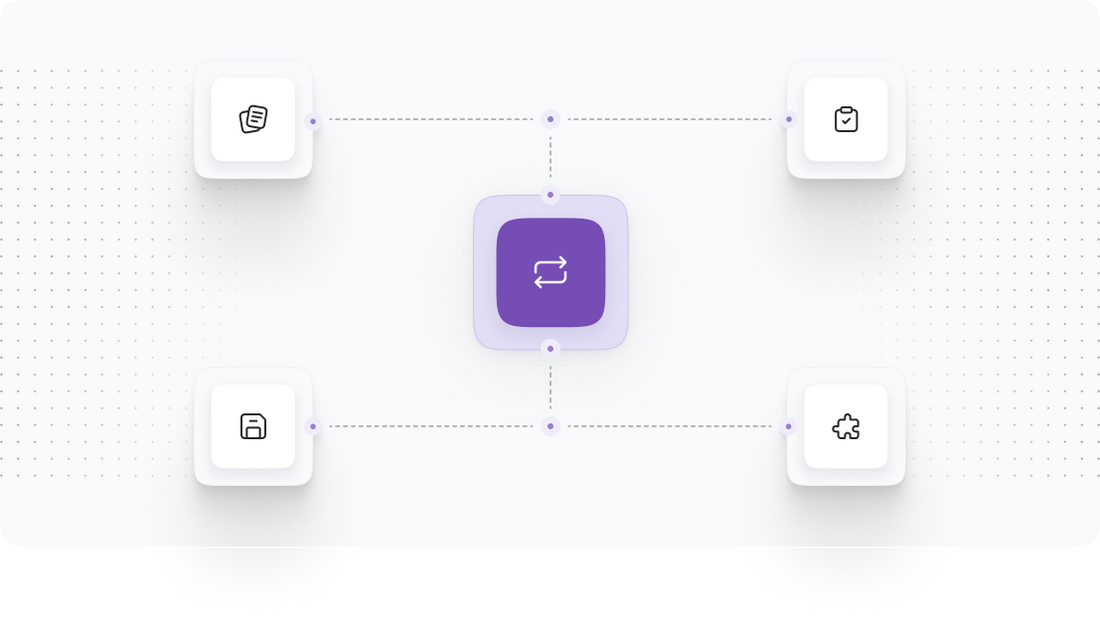
Step 5: SEO and Redirect Strategy
After a successful migration, it is crucial to implement an SEO and redirect strategy to maintain your search engine rankings and provide a seamless experience for returning customers. A well-planned redirect strategy helps avoid broken links and ensures that your existing customers can still find their way back to your store.
We recommend following these steps to establish an effective SEO strategy:
- Set Up 301 Redirects: Create 301 redirects for all old URLs from your Zen Cart store to the corresponding new URLs on PlentyShop. This informs search engines that your content has moved permanently, preserving SEO value. You can set up redirects manually or automate the process using a migration tool.
- Update Your Sitemap: Generate a new XML sitemap for your PlentyShop store and submit it to search engines, including Google and Bing. This ensures that your new store structure is indexed correctly.
- Monitor Your Analytics: After the migration, closely monitor your website analytics using tools like Google Analytics. Watch for changes in traffic patterns, bounce rates, and user behavior to identify any issues early on.
Finally, check for any broken links using tools such as Screaming Frog or Broken Link Checker. Fixing any broken links promptly will help maintain user experience and SEO rankings.
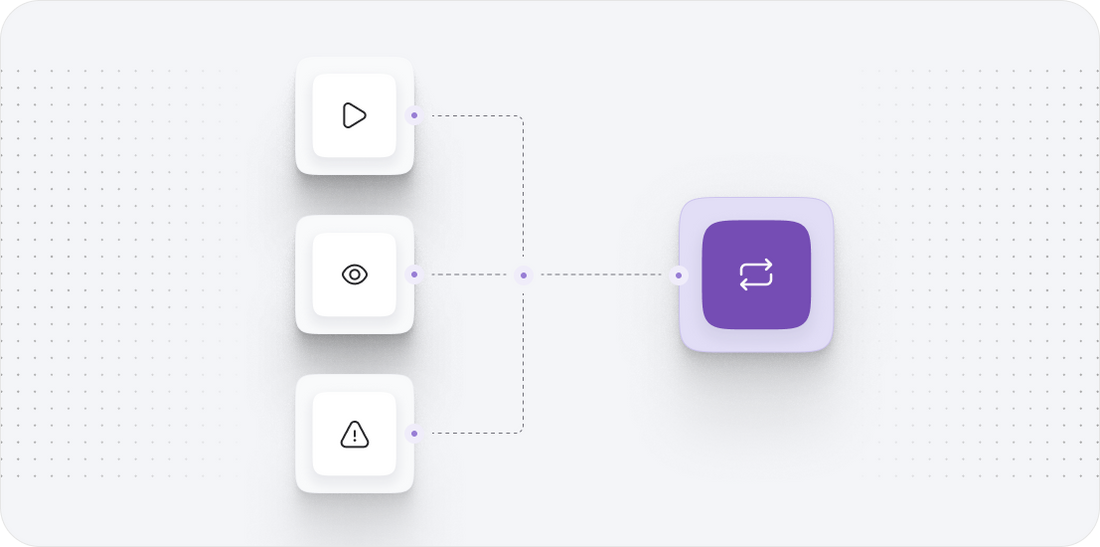
Step 6: Training and Launching Your New Store
As we approach the final stages of your migration from Zen Cart to PlentyShop, it's time to focus on training your team and preparing for the official launch of your new store. Adequate training ensures that your team is familiar with the functionalities of PlentyShop, enabling them to manage the store effectively and respond to customer inquiries confidently.
Steps to efficiently train your team include:
- Create Training Materials: Develop comprehensive training resources, including user manuals, video tutorials, and FAQs that cover the essential aspects of managing the PlentyShop platform.
- Conduct Training Sessions: Organize hands-on training sessions with your team to familiarize them with the new system. Focus on key areas such as inventory management, order processing, customer service, and marketing tools.
- Encourage Questions and Feedback: Foster an environment where team members feel comfortable asking questions and providing feedback on the new platform. Addressing concerns early can improve their confidence and performance.
Once your team is adequately trained and all necessary adjustments have been made, you can move forward with launching your new PlentyShop store. Announce the launch to your existing customers, highlighting new features and improvements. Utilize email marketing and social media channels to drive traffic to your new store.
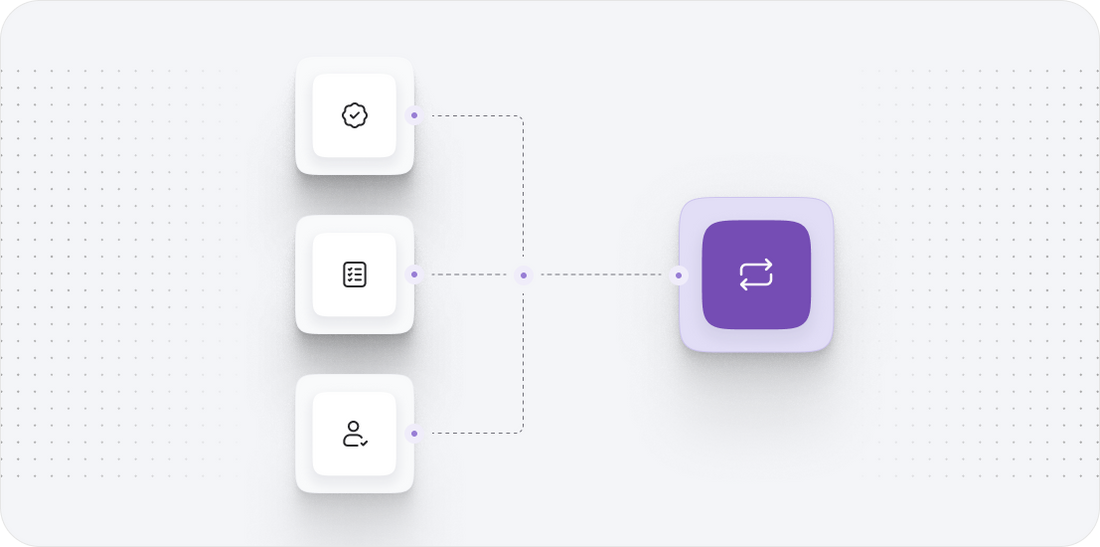
Step 7: Post-Launch Monitoring and Optimization
Once your new PlentyShop store is live, it’s essential to continuously monitor its performance and make necessary optimizations. This ongoing process will ensure that your store remains functional, user-friendly, and optimized for conversions.
Key areas to focus on during post-launch monitoring include:
- Performance Monitoring: Regularly check your site’s loading speed, uptime, and overall performance. Use tools like GTmetrix or Pingdom to identify any slow-loading pages or issues that need attention.
- User Behavior Analysis: Leverage analytics tools to monitor user behavior on your new site. Pay attention to metrics such as bounce rates, average session duration, and conversion rates. This data can reveal insights into how visitors are interacting with your store.
- Customer Feedback: Encourage feedback from customers regarding their shopping experience. This can be gathered through surveys, reviews, or direct communication. Use this feedback to make targeted improvements.
- Marketing Performance: Evaluate the effectiveness of your marketing campaigns in driving traffic and conversions. Adjust your strategies based on performance data to optimize ROI.
By focusing on these areas, we can ensure that your PlentyShop store continues to thrive, adapting to customer needs and market trends effectively. Regular optimization efforts will enhance user experience and boost sales over time.
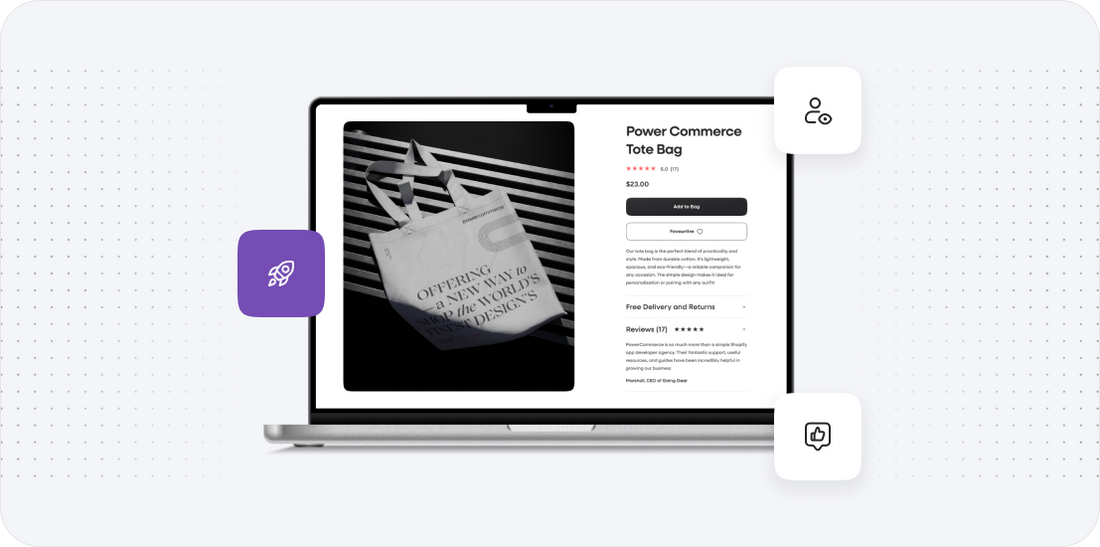
Power Your Step - Get in Touch
If you're ready to take the next step in your ecommerce journey or need assistance with your Zen Cart to PlentyShop migration, we at PowerCommerce are here to help. Our team of experts is dedicated to providing you with the support you need for a seamless transition and ongoing success.
Contact us today:
- Visit our contact page: PowerCommerce Contact Page
- Call us at: 800-099-9090
- Email us at: info@powercommerce.com
We look forward to discussing your migration needs and helping you power your ecommerce success with PlentyShop.
Stay aligned on what's happening in the commerce world
Trusted by 1000+ innovative companies worldwide
Schedule Your Migration Today
For businesses prioritizing simplicity, scalability, and robust support, Shopify is the clear winner.
Looking to migrate without hassle? Power Commerce can handle the entire process, ensuring smooth data transfer, store setup, and post-launch success.
Marka Marulića 2, Sarajevo, 71000 BiH
00387 60 345 5801
info@powercommerce.com


